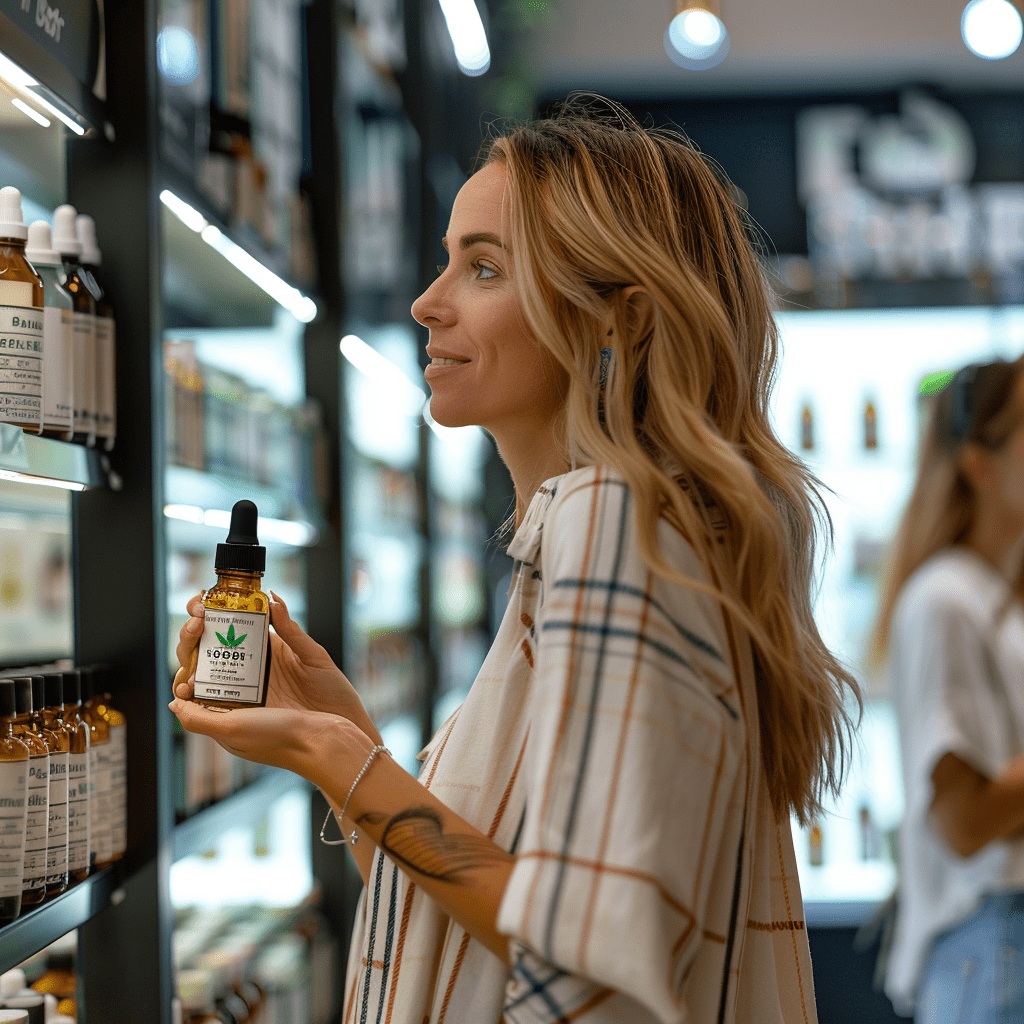There’s no doubt that CBD oil in Australia is often expensive. It can set you back upwards of a hundred dollars per 30mL bottle. This is often a significant barrier to buying and using CBD products in Australia.
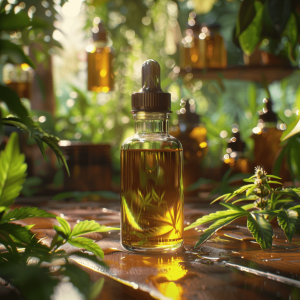
Demand has outstripped supply for CBD oil in most areas like NSW and VIC. Prices have trended upwards because of supply shortages and difficulties meeting the rise in CBD’s popularity.
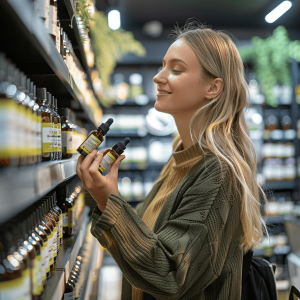
More people are now seeking to know why CBD oil costs so much in Australia and whether prices will be reduced. Over time, as more supply opens and new providers join the CBD market, CBD oil costs are expected to decrease.
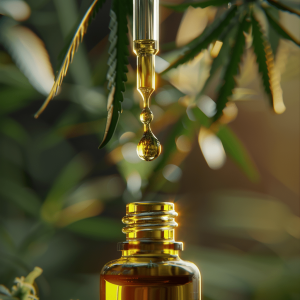
However, in the near term, CBD oil in Australia is expected to remain expensive. Let’s delve into why it costs so much and what to know about CBD prices.
Contents
Why is CBD Oil So Expensive in Australia?
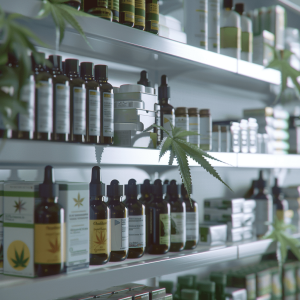
Compared to most countries, Australia has costly CBD oil. Prices range from $50 to over $200 per bottle of liquid CBD tincture, with medical products being more expensive on average. These prices have been high since CBD oil was made legal by the TGA in Australia several years ago.
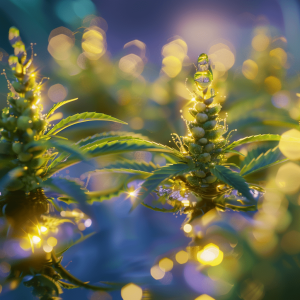
For those who buy CBD oil or medical cannabis regularly, such costs can become extreme. Recent research has shown that some people are paying more than $600 per month for CBD oil or medical cannabis.
Strict regulations and stringent import controls have made supplying CBD oil in Australia difficult for many companies. A lack of supply for a high-demand product is a recipe for price increases. Sky-high CBD oil prices have even pushed many to import their CBD oil from overseas US, UK or Canadian suppliers. For some, taking the risk of purchasing their CBD illegally is worth it because of the expenses involved in shopping locally.
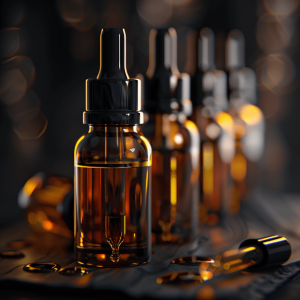
Prices for prescription CBD oil in Australia have also pushed many consumers to the black market. Obtaining a script for CBD involves jumping through many hoops in Australia and costs large sums. It’s also an administrative burden for time-poor people. Paying for a cannabis-licensed doctor visit, medical CBD assessment, product application and waiting for a script is often not tenable.
Purchasing from a provider online is usually faster, cheaper and more accessible. People also prefer it in Australia to avoid visiting a pharmacy and waiting for their product. But even still, buying CBD oil online in Australia can still be costly. Let’s take a look at some of the factors underlying this.
Supply vs Demand of CBD Oil in Australia
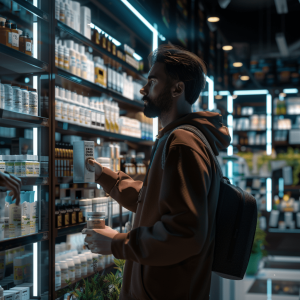
Usage, demand, awareness and culture surrounding CBD oil in Australia have rapidly developed. Social media, the internet and other information sources have spread the word about CBD’s potent health benefits. This has substantially raised awareness for CBD oil and medical cannabis products more widely. Acceptance of them has grown, and the stigma against them has subsided. Over time, regulations on CBD products and cannabis in Australia have relaxed. Yet the supply of CBD oil and other CBD products in Australia has yet to keep up with these market shifts. Production hasn’t met the fast expansion in demand.
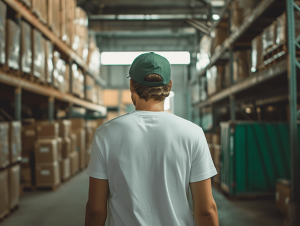
A key challenge in meeting these supply challenges in Australia has been the newness of CBD products and immature supply chains. These supply chain issues have resulted in fluctuations in CBD oil availability and higher prices. The good news is that, over time, more CBD companies are coming online in Australia. As the industry matures, the supply of CBD oil is expected to become more stable. Eventually, this will lead to price pressures reducing with much better supply levels.
Understanding the Costs Involved for Suppliers

Here are some drivers of the cost of bringing CBD oil to market in Australia. These factors are often behind why CBD products are so expensive.
Regulation

CBD oil suppliers in Australia must comply with many regulations to sell their products. These stringent guidelines ensure CBD oil sold in the country is safe, pure, and compliant. The rules cover all supply parts, including oil production, retail approval, licensing, manufacturing, labelling, and distribution. Importing and exporting CBD products is also heavily controlled.
CBD oil products for therapeutic purposes must be approved for sale by the Therapeutic Goods Administration (TGA). The TGA conducts in-depth safety, quality, and purity testing. They’ll then approve and list the oil on their approved products register. Following this, these CBD products can be prescribed or sold in pharmacies over the counter. Note they can only legally be supplied with a prescription from a registered healthcare practitioner.

Australia also has stringent labelling and packaging laws regarding CBD oil. Cannabinoid content must be listed accurately and clearly on all products. This includes a tincture’s CBD content, dosage guidelines, storage recommendations, expiry date, and manufacturer information. It also has to be supplied in a tamper-proof bottle to ensure safety.
CBD oil products in Australia must also run laboratory tests of their CBD batches regularly. This is to check for potential impurities, contaminants or heavy metals in their products. Each of these regulatory compliance factors adds to a CBD provider’s costs. It’s a significant contributor to Australia’s high CBD oil prices today.
Import Costs

While it may seem counterintuitive, most hemp in Australia used to extract CBD oil is imported from overseas cultivators. Importing hemp items is very costly and has many requirements involved. Getting approval from customers to import CBD or hemp into Australia is a lengthy process with multiple licenses required. This includes obtaining approval for a customs clearance, documentation and audit requirements, regular checkups with border authorities and compliance with TGA importation standards.
Beyond the regulatory approval, documentation, and licensing costs for importation, there are also the fees involved in bringing in shipments. Importation charges such as customs tariffs, shipping fees, levies, and taxes contribute to costs. Due to their sensitivity, hemp and CBD products also have special storage requirements. They can’t be held anywhere, and these added hurdles further exacerbate costs. Unfortunately, most of these additional fees and costs for importers translate into higher CBD oil prices for end consumers in Australia.
Hemp Cultivation Costs
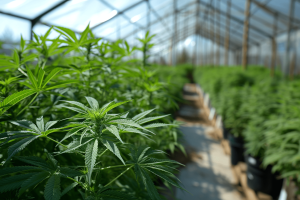
For CBD oil produced in Australia locally, the costs involved in cultivating hemp for CBD extraction are still very high. Establishing a hemp farm in Australia is complex, heavily regulated, and very costly. Acquiring the required farming equipment, land, industrial hemp farming licenses, and labour is capital-intensive.
This is needed to set up. Yet operating a hemp farm is even more pricey than the upfront costs to get started. Cultivating hemp isn’t easy. Intensive planting, irrigation, cultivation, drying, and storage of hemp plants cost farmers substantially. Regulatory compliance for hemp cultivation in Australia adds to these costs. Growing licenses are expensive and complicated to obtain.
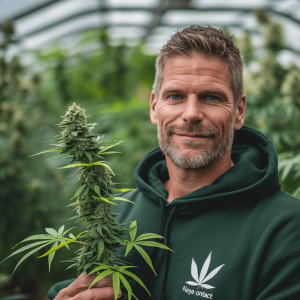
Furthermore, obtaining high-quality hemp seeds with desirable characteristics like specialised cannabinoid content or disease resistance can be expensive. Hemp breeders invest in genetically altering hemp strains and develop more advanced cultivars. Such breeds can be costly for farmers who prioritise plant quality.
Labour costs are another significant expense associated with hemp farming, particularly during planting, harvesting, and processing. Moreover, hemp cultivation requires crop inputs such as fertilisers, plant foods, and treatment agents, which add to the overall cost of hemp farming. Harvesting and processing the grown hemp requires specialised equipment, such as combines or hemp-specific harvesting machinery.
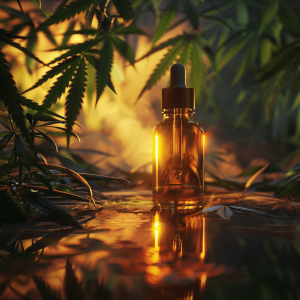
Each of these challenges for local Australian hemp growers adds to the price tag of making CBD products. The investments involved mean farmers, producers and sellers are often forced to increase the final prices of their CBD oil products.
Extraction Costs

Once hemp has been imported or farmed in Australia, CBD oil must be extracted from the plant. Extraction processes for CBD can be costly to run and further compound the final price challenges of CBD oil.
Equipment used for CBD extraction and distillation is very costly. Significant investments include CO2 extractors, ethanol extraction systems, and hydrocarbon extraction machinery. Each is a very specialised and finely tuned system.
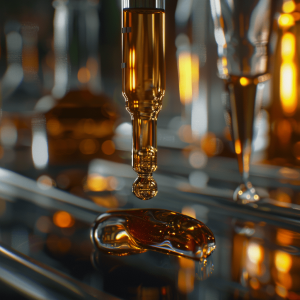
They’re purposely designed to optimally draw CBD extract from hemp plants in safe, efficient ways. The skilled expertise needed to run extraction processes and operate these machines is an added expense. Finding skilled CBD oil makers is burdensome and costly. They must have licenses and be qualified to comply with manufacturing safety standards.

Moreover, CBD oil extraction has quality and risk control compliance requirements. Tests and protocols must be implemented to prevent product impurities or contamination, adding to production expenses. CBD oil extraction facilities must also have the right Australian permits to run. Each is subject to frequent inspections, safety monitoring, and compliance checks. It’s no wonder CBD oil produced in Australia costs so much today.
Medical-Grade CBD Oil

In Australia, medical CBD oil is even more expensive than standard products. There are a few reasons why this is the case. These products are more strictly and regularly tested for purity, quality, safety compliance and efficacy. Each is guaranteed to be regulatory compliant, which is needed to obtain approval for sale from the TGA.
Medical CBD products are also sourced from higher-standard, pharmaceutical-grade hemp, which is more costly to produce. Often, medical CBD providers or even prescribers also mark up their products. Profit margins can sometimes be prioritised over patient outcomes because of the commercial opportunity involved. Medical-approved products are viewed as more trustworthy, controlled and safe. As such, their appeal is often higher, as well as their perceived value by CBD oil customers.
CBD Strength Factors
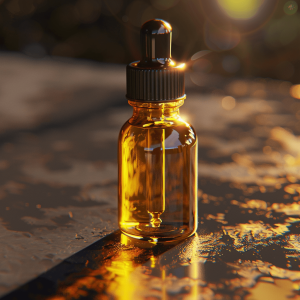
CBD oil strength and formulation play a role in product price factors in Australia. Higher-strength products will always command a heftier price tag. For instance, a 3000mg strength CBD oil will be more expensive than a 1000mg bottle of the same millilitre volume. Another factor that may affect price is the product’s formulation. CBD oils can be full-spectrum, broad-spectrum, or CBD isolate. Full-spectrum oils are costly because they have the most significant holistic health benefits. These products have terpenes and other hemp compounds, amplifying overall efficacy. Terpenes help cannabinoids like CBD to be absorbed. Formulations with additional premium ingredients can also have a higher cost. For example, those enriched with ashwagandha, vitamins, added terpenes, or melatonin will be more expensive.
Conclusion

Various supply challenges and cost drivers explain why CBD oil in Australia is so expensive. Fundamentally, the country’s supply chain and market for CBD products is currently inefficient. It takes a massive investment of time, money, labour, and effort to supply CBD oil. Heavy regulations in Australia make it hard to import, license, and sell CBD products. There’s also a range of difficulties and hurdles in importing CBD or hemp. Yet farming and extracting CBD oil locally offers little added cost savings.
Moreover, the approvals and compliance needed to register and distribute CBD oil in pharmacies or medically presents added cost burdens. Each of these dynamics pushes up the prices of CBD oil for consumers. Supply constraints exacerbate these problems, driving more sellers to mark up their goods. As the Australian CBD oil market grows and finds efficiencies, these challenges should ease in time. But until then, Australians will continue to see expensive CBD oil on the shelves (or online).
References
- www.abc.net.au. (2020). ‘It’s set up so we’d fail’: Emma says regulated medicinal cannabis costs a third of her income. [online] Available at: https://www.abc.net.au/news/2020-02-20/medicinal-cannabis-cost-forcing-patients-to-black-market/11976282.
- michaelcs (2022). Why Is CBD So Expensive? – Premium Online CBD Products in Australia. [online] Down To Earth Primitive Extracts. Available at: https://downtoearth.green/blog/why-is-cbd-so-expensive/
- LGP Australia. (n.d.). How Much Does Medical Cannabis Cost? | Little Green Pharma. [online] Available at: https://www.littlegreenpharma.com/au/pharmacists/costs/
- Goods, T. (2022b). Over-the-counter access to low dose cannabidiol. [online] Therapeutic Goods Administration (TGA). Available at: https://www.tga.gov.au/news/media-releases/over-counter-access-low-dose-cannabidiol.
- Goods, T. (2022a). Manufacture of medicinal cannabis. [online] Therapeutic Goods Administration (TGA). Available at: https://www.tga.gov.au/resources/resource/guidance/medicinal-cannabis-manufacture/manufacture-medicinal-cannabis.
- Office (2022). Importing hemp products into Australia. [online] Office of Drug Control (ODC). Available at: https://www.odc.gov.au/hemp-products/importing-hemp-products-australia
